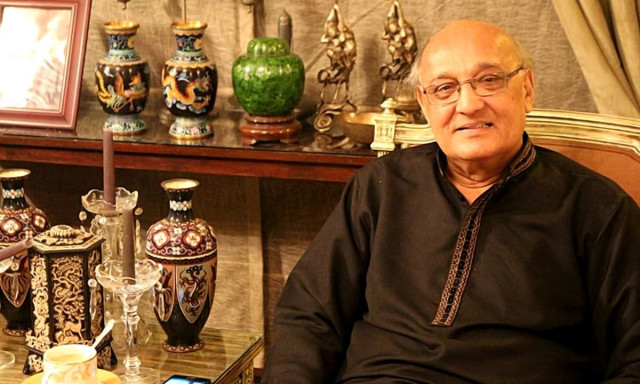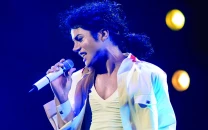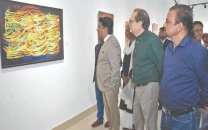'Urdu poetry in Pakistan is completely different from that in India'
Writer Amjad Islam Amjad believes that the divide is rooted in pre-partition politics of the Sub Continent

“ As we all know that the language Urdu was introduced to the subcontinent through Muslims arriving from foreign lands. When the Muslims came they essentially brought two languages with them. The medium for religious discourse was Arabic, while from a cultural perspective their language was Farsi with bits of Turkish,” he said.
Amjad highlighted that as these languages intermixed with the local dialects of India, the result was a lingo that for the most part tilted towards the Farsi and Arabic side of the spectrum. “ Till the end you will see that the culture, syntax and the mood in Urdu, the way poetry is approached has a deep connection with Arabic , Farsi and Turkish.” Amjad said.
Despite Indian languages retaining some influence in Urdu such as geet and doha, Amjad noted that even the non- Muslim Urdu poets that had the essence of the language associated with Arabic, Farsi and Turkish in their works due to nature of the language.
He went on to note that as revivalist and nationalist movements in the region grew, language also got embroiled in politics. “When political tensions grew, unfortunately, language was made into an aspect of politics. Urdu was outrightly deemed the language of Muslims solely,” he exclaimed.
Amjad noted that right before partition political forces such as Congress stressed on the rhetoric that Urdu is part of the Pakistani identity and hence something foreign to ‘Indian’ culture. “Although the Hindi script was different , the approach towards poetry was still very much the same as in the Arabic and Farsi influenced Urdu. Eventually the audience for poetry in India changed while in Pakistan it still had a strong link with Turkish, Farsi and Arabic.,” he said.
“A lot of poets I know in India have told me that the audience there doesn’t understand the intricacies of Urdu. Arabic and Farsi are to an extent alien to them. According to them if they hadn’t changed their style of poetry it wouldn’t have resonated with the audience. Gradually the mood of Indian poetry evolved into something completely different to suit the audience there. With time differences have grown to the point that we can say that Urdu poetry in Pakistan is completely different from that in India,” he said.
Being the purist that he is, Amjad once again expressed disappointment over language being influenced by politics. “This is not a good thing. For no reason language was made into a political issue that created an undesirable atmosphere,” he said.
Have something to add to the story? Share in the comments below.



















COMMENTS
Comments are moderated and generally will be posted if they are on-topic and not abusive.
For more information, please see our Comments FAQ